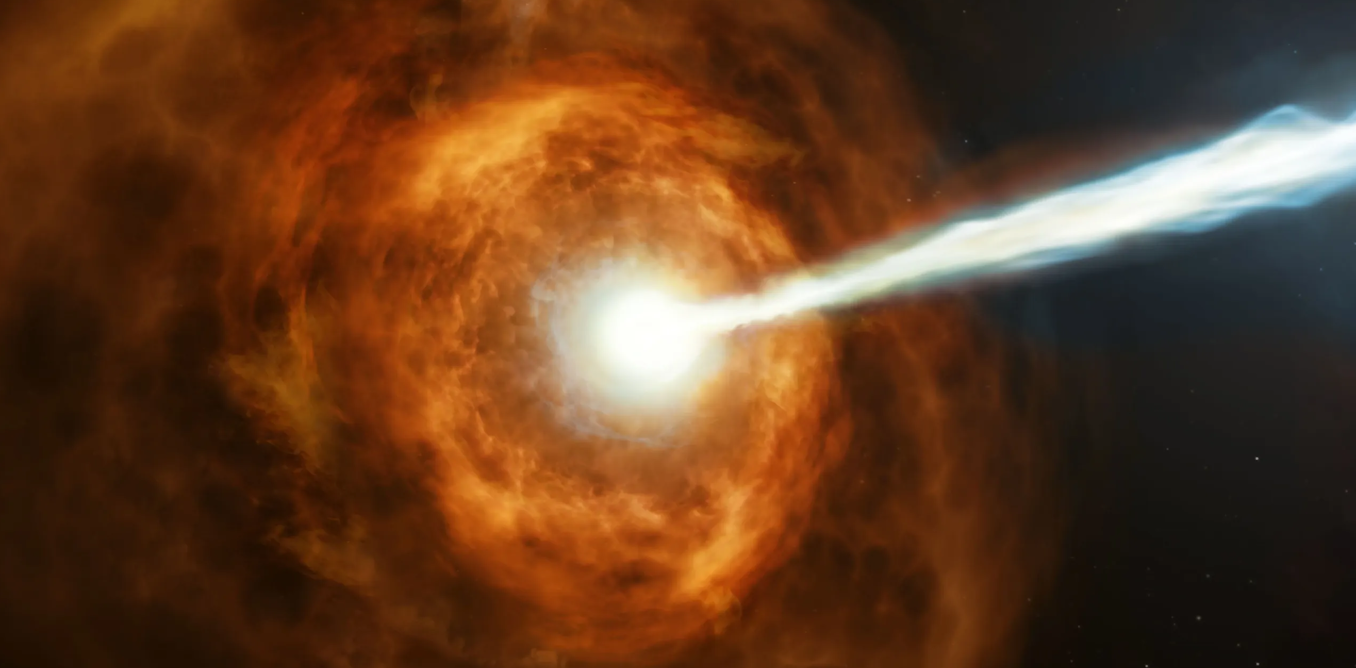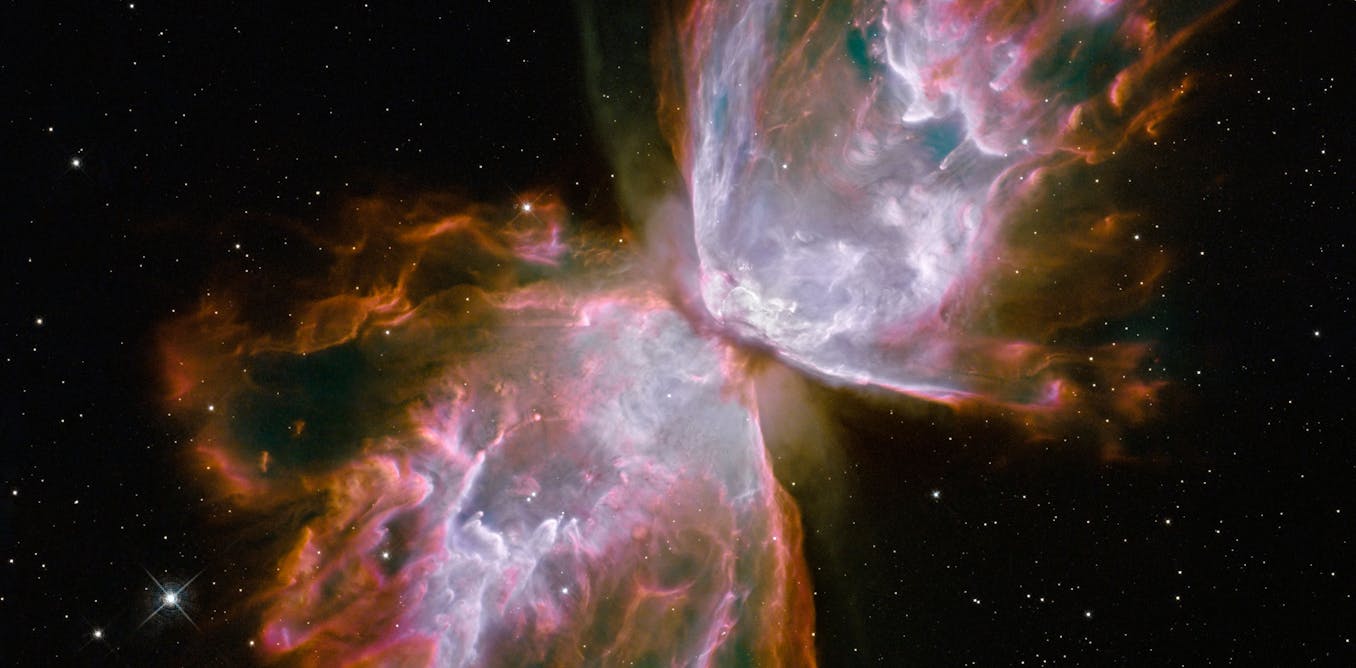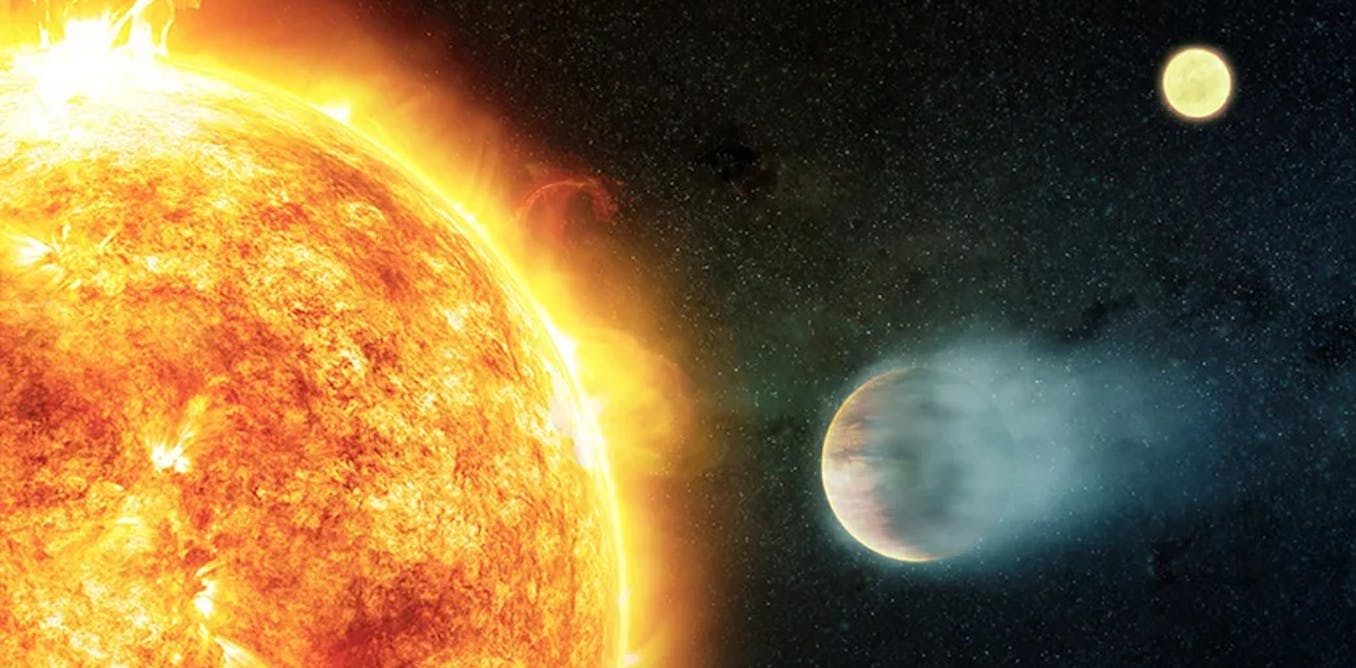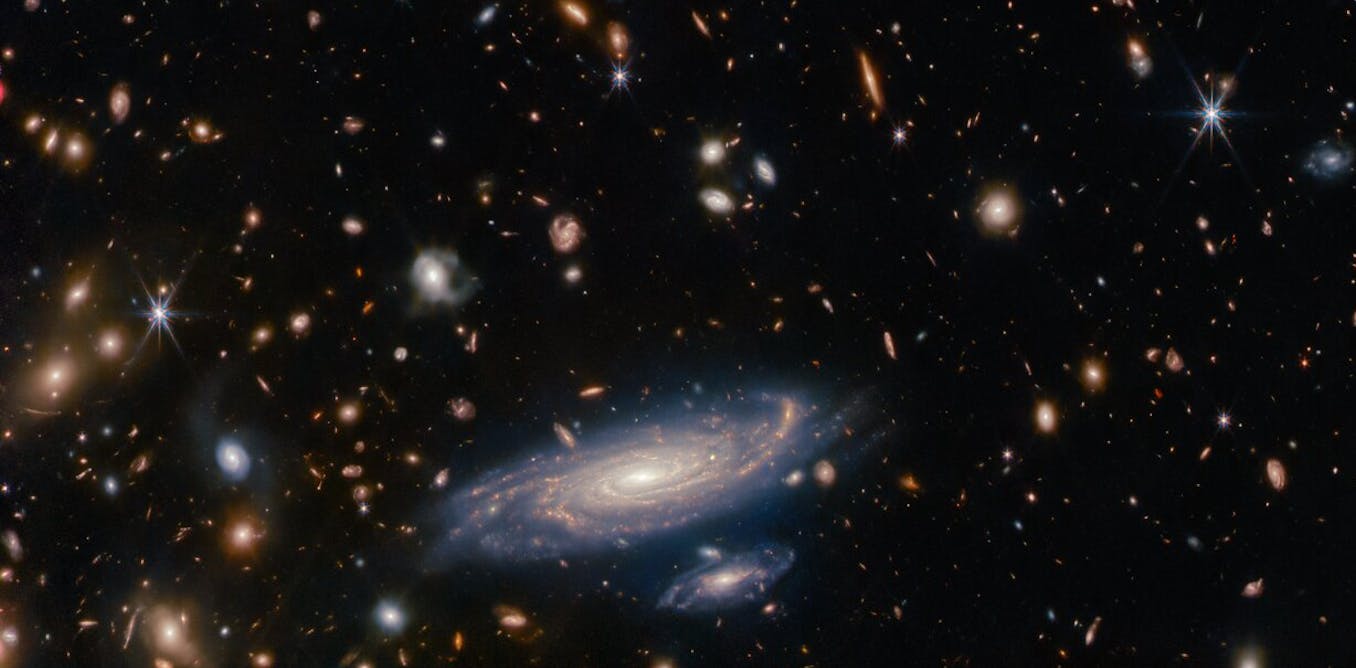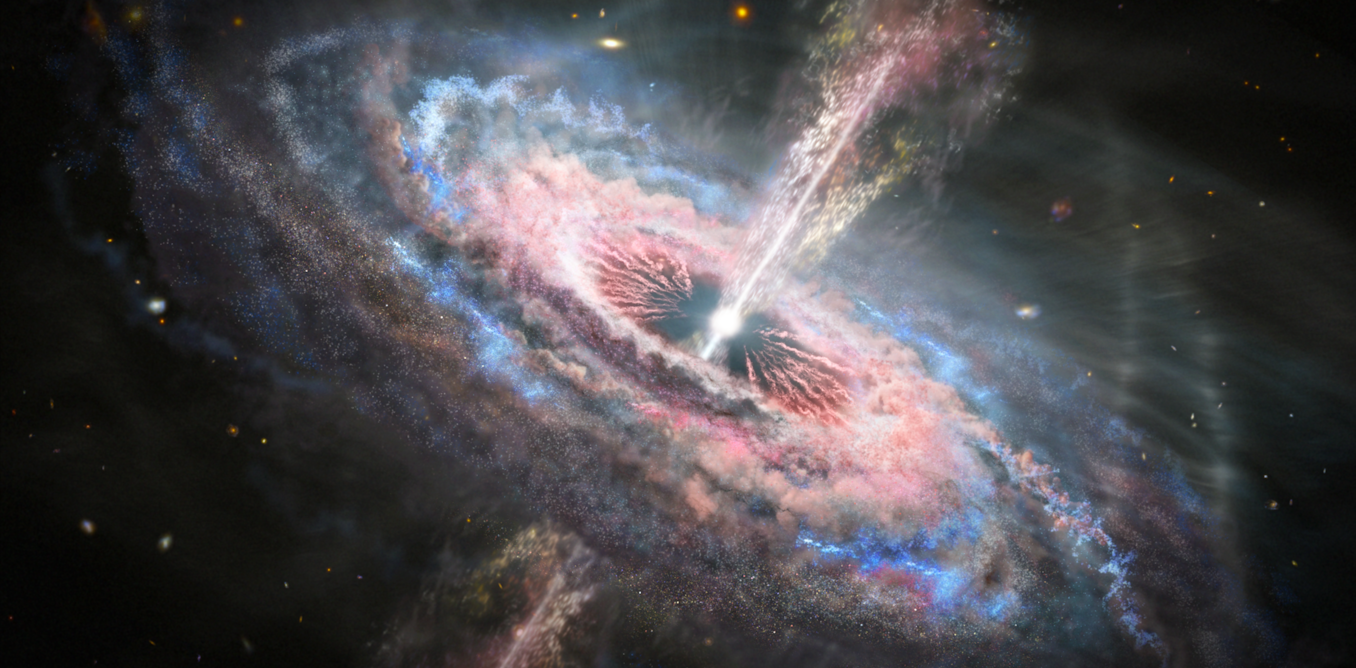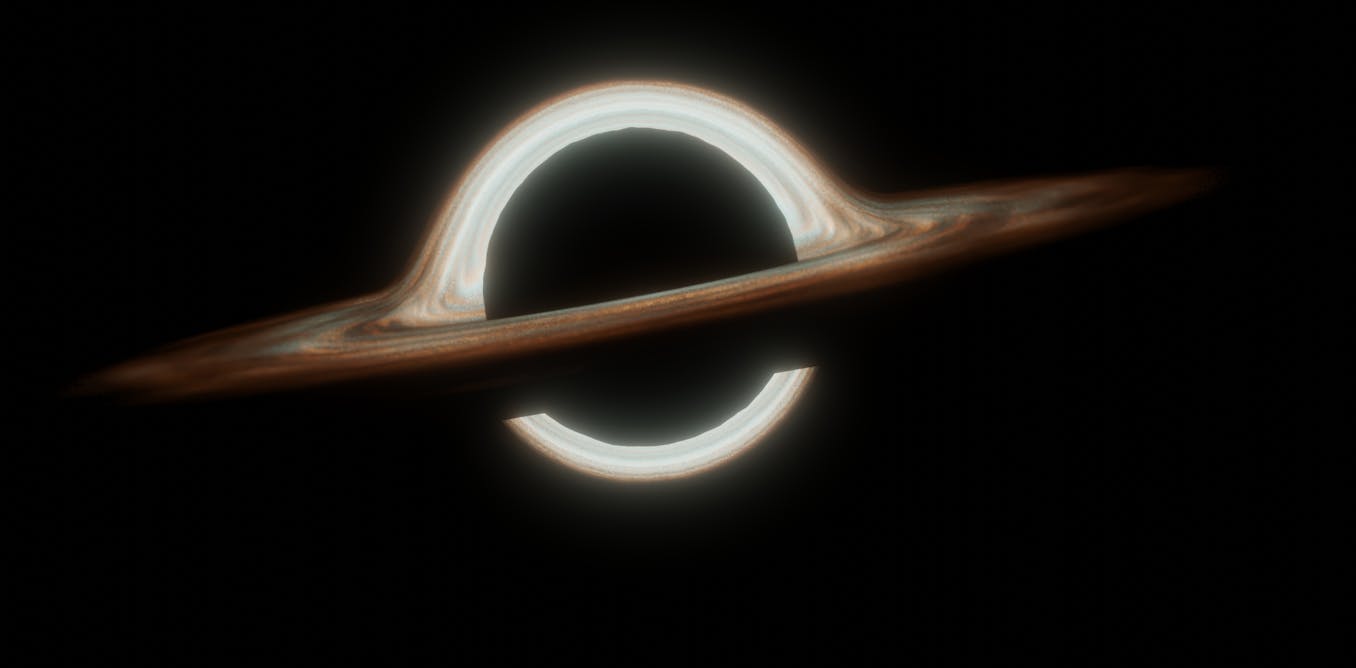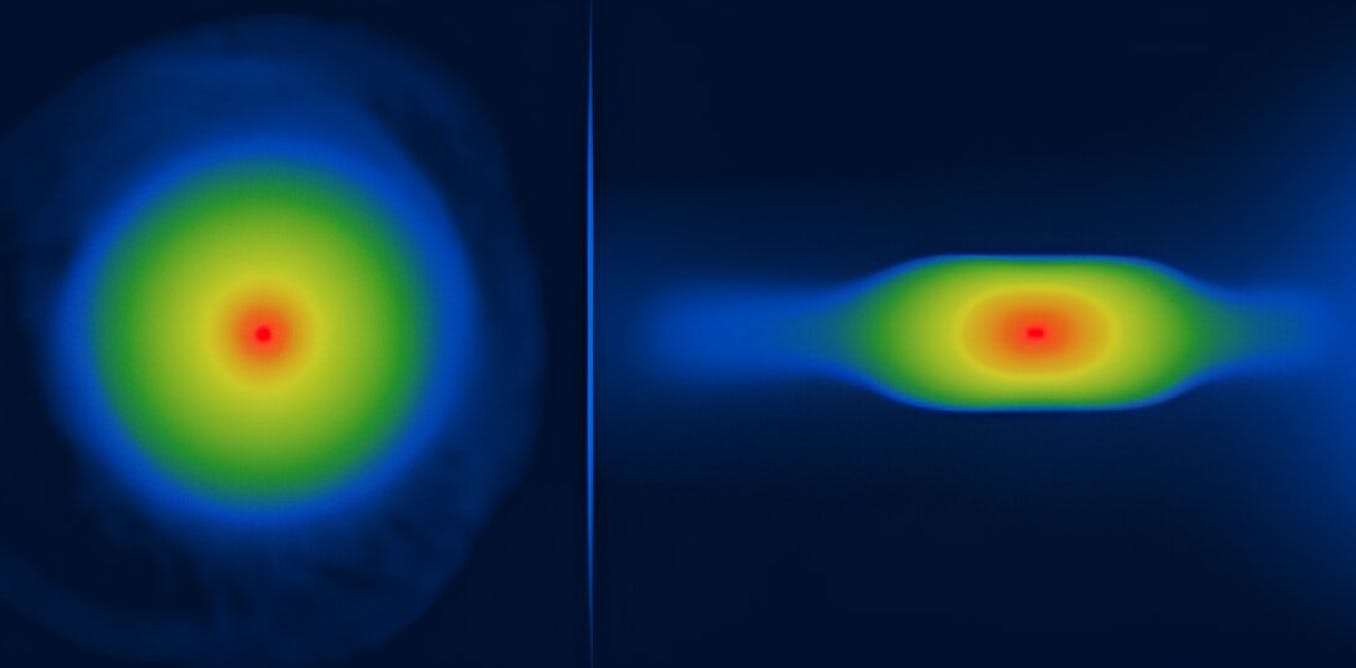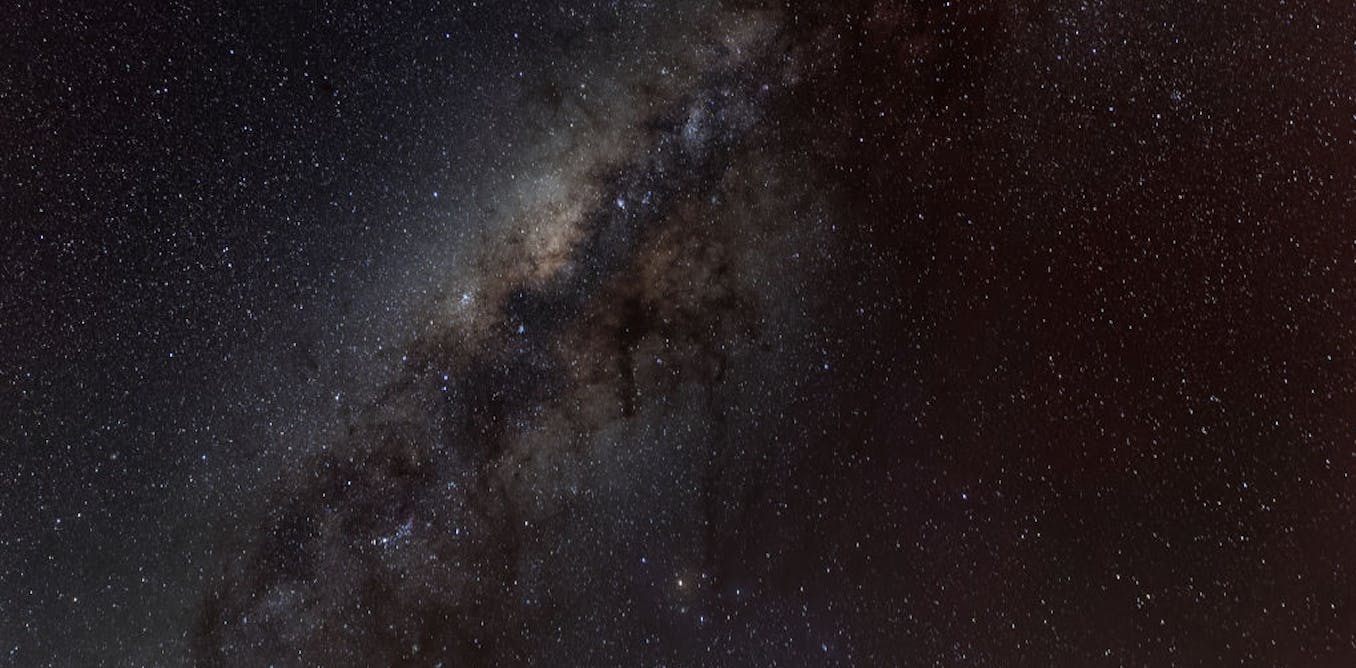Exploding stars send out powerful bursts of energy − I’m leading a citizen scientist project to classify and learn about these bright flashes
Where specialized algorithms fail to classify star-borne pulses, human volunteers with just a little training can step in.
April 16, 2024 • ~7 min

